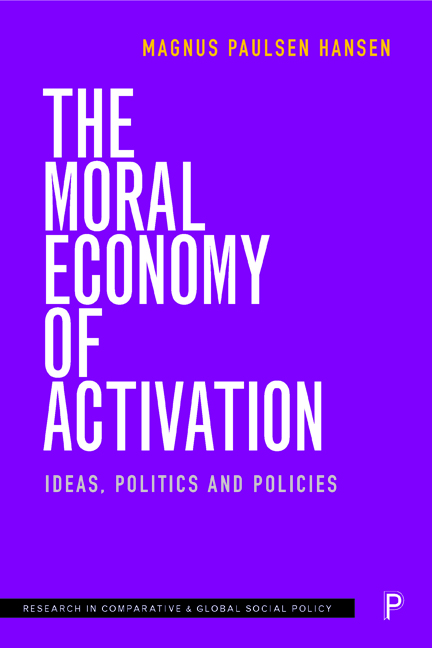PART I - Modelling
Published online by Cambridge University Press: 10 March 2021
Summary
activation (n.)
The action or process of activating something; the state of being activated.
Etymology: < activate v. + -ion suffix
activate (v.)
To make (more) active; to move to activity; to initiate (a process).
Also: to motivate.
To become active; to operate or begin operating.
To cause (a device, machine, etc.) to operate or begin operating. Etymology: < active adj. + -ate suffix
active (adj.)
Capable of acting upon something; originating or communicating action; spontaneous, voluntary. Opposed to passive.
In operation, working; effective, functional.
Of a person: participating or engaging in a specified sphere of activity, esp. to a significant degree.
In predicative use. Of an animal or person: engaging in one's typical activity or work at a specified time, under specified conditions, etc. Of or designating a current and fully participating member of a group or organisation.
Etymology: < Anglo-Norman and Middle French, French actif (of a life or lifestyle) characterised by external acts of piety rather than by contemplation (1160 in Old French in vie active), (of a person) fond of activity, busy, energetic (c1370), (of a remedy) efficacious (1378), having the ability to act (14th cent.)
- Type
- Chapter
- Information
- The Moral Economy of ActivationIdeas, Politics and Policies, pp. 1 - 2Publisher: Bristol University PressPrint publication year: 2019



